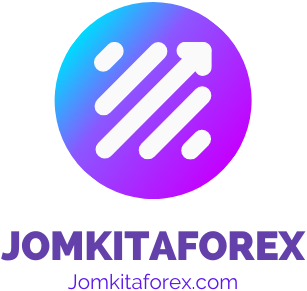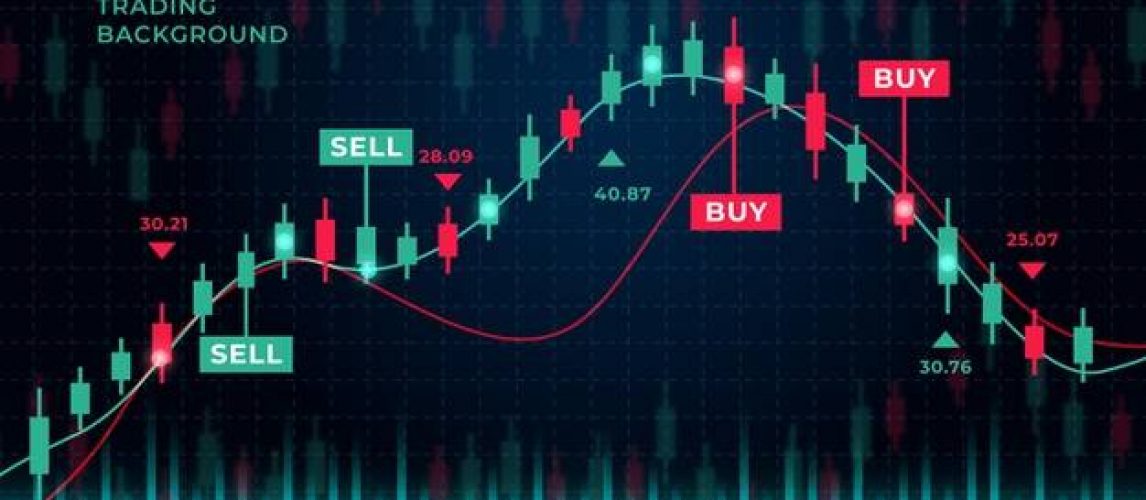Forex Trading: GCG Asia’s Beginners Guide: Part 1 | GCG Asia
Welcome to the home of all things forex trading, where GCG Asia’s breaks down all the details about the often arcane world of forex exchange trading. If you’re reading this post, we know you’re interested in forex trading and you’re a beginner. Which means you’ve come to the right place. In the first of our 2-parter, GCG Asia breaks down forex trading basics, what it is, and some pros-and cons. So jom! Let’s get started!
GCG Asia’s Forex Trading 101
First, the 101: Forex, otherwise known as foreign exchange, FX, is a decentralized worldwide market where every one of the world’s monetary standards gets bought and sold. The forex market is a very liquid global market. GCG Asia forex trading writers explain that exchange rates fluctuate wildly depending on many factors such as latest news, geopolitics, environmental disasters and even tweets from celebrities! These fluctuations are watched closely because of their potentially huge effect on businesses.
“A day-to-day change of a fraction of a cent does not seem like a big deal to the average person. But put yourself in the shoes of a Cambodian company with many staff in another country like Malaysia. Many Malaysian-based companies like GCG Asia do business with Singapore. Even the smallest difference in the exchange rate can add up to a significant loss if the rate isn’t in your favour. This variance can cost the company a lot of money if the currency is not traded at the right time. Trade just one minute later, and your company might be on the hook for hundreds of thousands,” explains GCG Asia founder and CEO Dinish.
While a great deal of foreign exchange trading is used for mundane purposes like payments and invoices, most trades are done with the aim of gaining profit. But because it’s subject to the whims of the market forces and daily events, forex trading can be unpredictable. As GCG Asia forex trading advisor Megan Lee says, “It is this instability that can make forex so appealing: achieving a possibility of high gains. But that high risk and potential high reward, can come with significant downside. People do like to gamble after all.”

A larger part of the exchange in the forex market happens between institutional traders at banks, corporations, and large fund companies. “These parties are making a bet, predicting the future exchange rate variances with educated guesses to make a gain,” explains GCG Asia forex trading advisor, Eddy Lim. For instance, a broker may purchase Malaysian Ringgit and sell Singaporean Dollars if the legit broker thinks that the Ringgit will gain value in the market and Singaporean Dollar will continue to dip. This is otherwise known as shorting.
GCG Asia’s Forex Trading Pros and Cons List
High risk, high reward may sound exciting, but it’s not a place for investing noobs to dip their toes into investing. GCG Asia forex trading advisors in Malaysia caution that it can turn on you very quickly, turning profit into losses in a mere tenths of a second. As a Cambodian GCG Asia forex trading advisor told us: “When you purchase and sell currencies through forex trading, you’re betting on how various nations’ currencies rates will fluctuate against each other. If you buy a currency that winds up strengthening against the currency it’s concerned with, you benefit. If its rate diminishes you lose. It’s a pretty simple idea, but it is a gamble. And in today’s digital age, the speed in which these things happen is extremely hard to keep up with.”
Before you take a leap into forex trading, you should know some pros and cons according GCG Asia forex trading advisors:
GCG Asia’s Forex Trading Advisor’s list of Pros:
- Cost-effective: in the forex trading spot market fees are typically low. There are no clearing charges, no exchange expenses, no administration burdens, no business expenses, and no commissions. “Brokers make their yields from the bids which are extremely straightforward to clients,” GCG Asia forex trading advisor Megan Lee.
- User-Friendly: the forex trading market is easily accessible for anyone with limited capital because of its low operation costs. “There are no middlemen, giving direct market access to anyone and everyone, which means you, the average joe or jane retail investor or trader. And for next to no fees,” says GCG Asia forex trading advisor Eddy Lim.
GCG Asia’s Forex Trading Advisor’s list of Cons:
- Scams: GCG Asia is passionate about scam prevention at Jom Kita Forex, so let’s just come out and say it: a big disadvantage of forex is the possibility of getting scammed by scam brokers and platforms. GCG Asia’s forex trading advisors detect scams in forex trading and write about it so often so you have the knowledge to gain and protect your money.
- Lack of transparency: this means that you lack access to real-time data that can make or break your gains. For newcomers, this is a significant disadvantage, GCG Asia forex trading writers say. This makes it harder for newbie investors and traders to enter the market, and easier for brokers to vary their pricing commissions and rates.
- Country Risk: As an investor interested in forex trading, you must be aware of a country’s political situation that you want to trade. For example, a country may be facing political or economic turmoil which can affect the value of its currency. That is why GCG Asia’s forex trading advisors ask beginners to always invest in major currencies such as the USD, the Japanese yen or Pound sterling.
That’s it for Part 1 of GCG Asia’s Forex Trading Beginner’s guide. In Part 2, there’ll be lots more information on forex trading from GCG Asia forex trading advisors, so see you in the next post.



No comment yet, add your voice below!